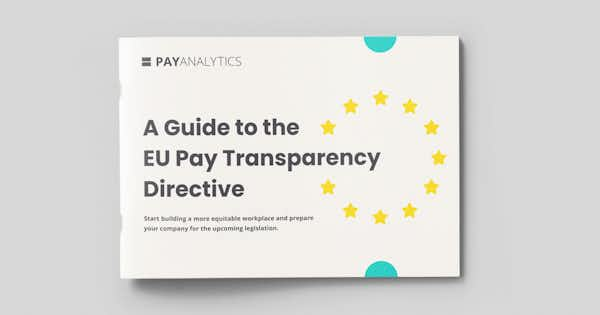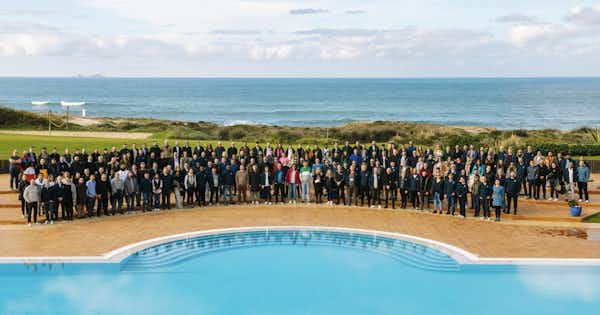Förberedelser inför EU:s direktiv om lönetransparens | Ladda ner vår e-bok gratis

#44 – Stereotyping in hiring and promoting: Can bias training help?
Diversity will drop into place if your system is objective and stereotype-free. But what if it isn’t?
How biases shape critical HR practices
Just over a week ago, Germany celebrated German Diversity Day, which also falls on the UNESCO-led World Day for Cultural Diversity for Dialogue and Development. The event celebrates the richness of the world’s cultures, and the power of intercultural dialogue to create more empathetic and inclusive societies.
Fittingly, the topic of the day for Henrike von Platen, Founder of Fair Pay Innovation Lab, and Dr. Margrét Bjarnadóttir, co-founder of PayAnalytics, is the impact that stereotyping and unconscious bias can have on critical HR decisions—and how companies can take action to overcome them.
“We all know that we have our unconscious biases,” Henrike begins. “Whether it's female versus male or white versus black or old versus young, or one of many other categories,” our background, cultural context, and societal circumstances all influence our instinctual associations and reactions. One of the biggest challenges of identifying and addressing unconscious bias is that it’s, in a word, “unconscious.” It’s difficult to respond to something you can’t see.
When we stereotype—that is, when we associate certain groups with certain characteristics—our preconceived notions can create and reinforce implicit biases. This leads to a cycle of unfairness that perpetuates inequality and hinders the practice of diversity.
Left unchecked, these biases can insert themselves into critical HR processes, leading to unfair treatment of certain groups. “Women,” for example, “are penalized more for poor performance than poor performing men.”
But how do you address something that you can’t see clearly?
Take stock of stereotyping and implicit bias
The first step is data. You have to make biases visible before you can take steps to address them–steps that can create longevity in fair hiring and compensation practices.
Tests, too, can help individuals understand their bias baseline. The Implicit Associations Test (IAT) created by The Implicit Project can help individuals to see–and thus recognize–their tendencies to categorize certain groups as, for example, better or worse than others. Facing our biases empowers us to address them. (For those who are interested, you can take the IAT here).
At the organizational level, by performing pay equity analyses, companies can start to see their blind spots: When you analyze your pay structures, “interesting behavioral patterns emerge.” In a recent case, PayAnalytics assisted a company that was deeply invested in creating equity across their organization. They had the perfect pay equity trifecta: Buy-in, budget, and plans to make fair pay a part of their brand DNA. They were “all-in on equity.”
“But when we analyzed their pay structures, we found that their top-performing female employees weren’t being compensated to the same extent for their fabulous performance as similar male employees,” Margret said. “For that organization, it was really an ‘aha!’ moment.”
Once you know where you stand, you can start to implement objective and fair policies.
Can bias training help?
Bias training can help to nip unfair treatment in the bud, but it has notable limitations.
“Some believe that, once they’ve done one bias training, they are healed,” Henrike posits, “but you are, in most cases, never healed by a bias training.” In 2020, one study showed that biased behavior “got worse because [companies] thought they were healed and just went on the same as before.”
How can you create lasting change at your organization?
First, watch this week’s Coffee Talk to learn about strategies for bias training, the benefits of data transparency in countering unfair treatment, and ways companies can teach themselves to act differently.
Then, set up time with a specialist to set off on your pay equity journey.
Friday Coffee Talk from Planet Fair is a podcast/videocast series co-hosted by PayAnalytics founder Margrét Bjarnadóttir and Henrike Von Platen, founder and CEO of the FPI Fair Pay Innovation Lab in Berlin. It is available through all podcast platforms as well as on YouTube as a videocast.


